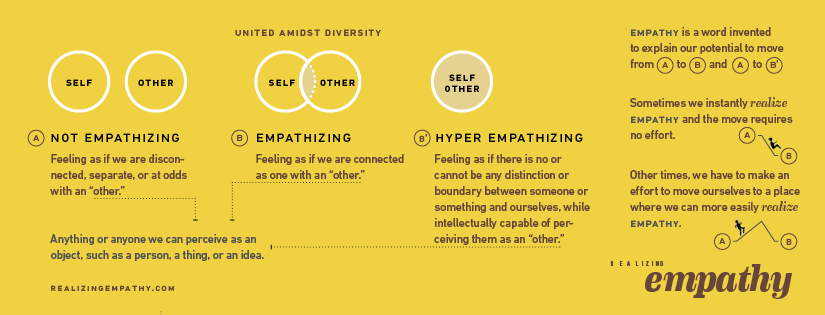We say
that when we love someone
we want
what’s best for them.
What we don’t say,
but mean,
is that we may even want to make sure
they get the best.
So much so
that we may personally feel responsible
for giving them
the best.
Even if it means making ourselves vulnerable
to feeling ashamed,
when we inevitably realize
that we are unable
to fulfill our responsibility.
Not because we did not
or could not give
enough,
but because our heart knows no limits
on how much
to give them.

